Migration The Right to Know in the EU
Comparative Study on Access to Classified Data in National Security Related Immigration Cases
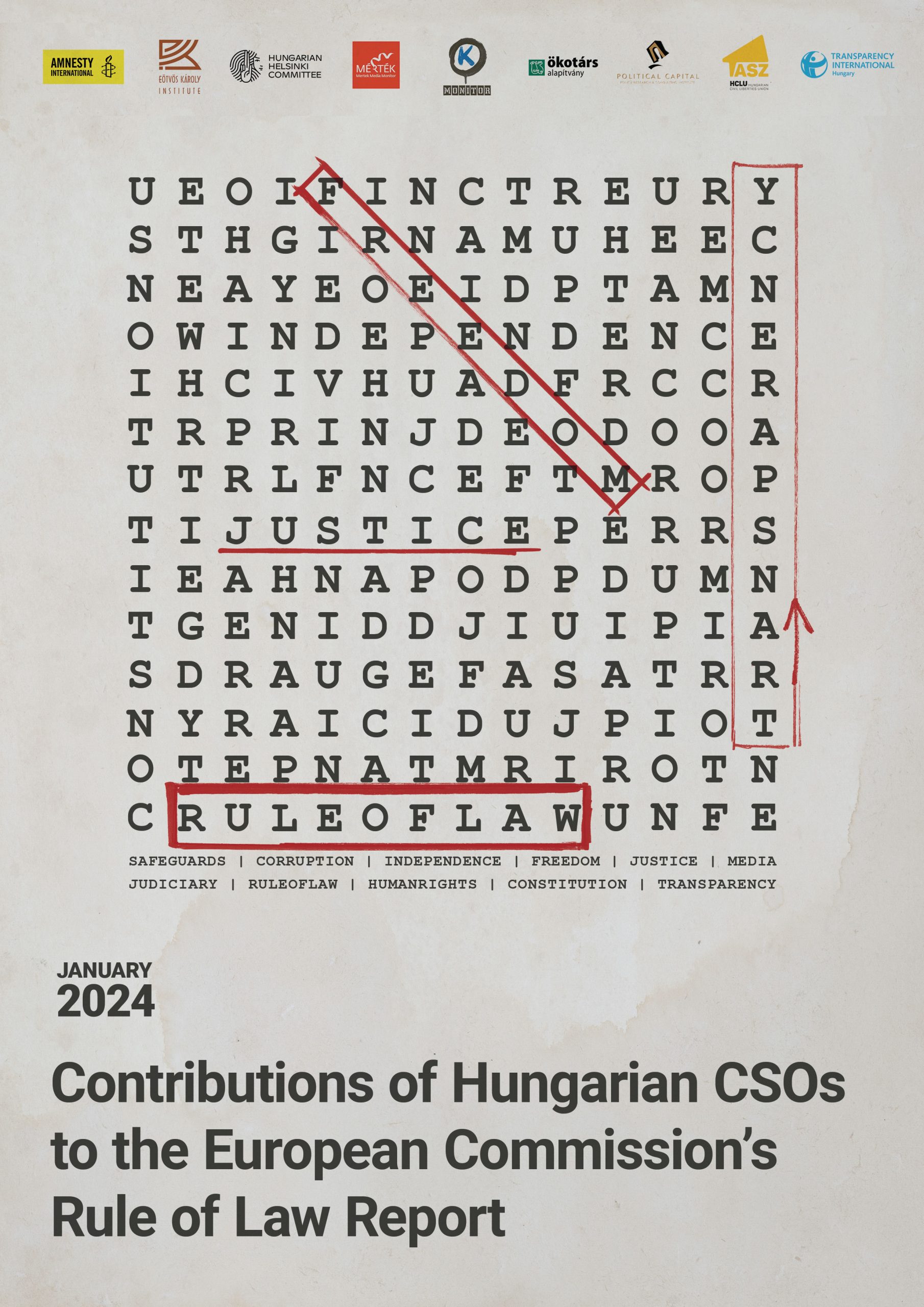
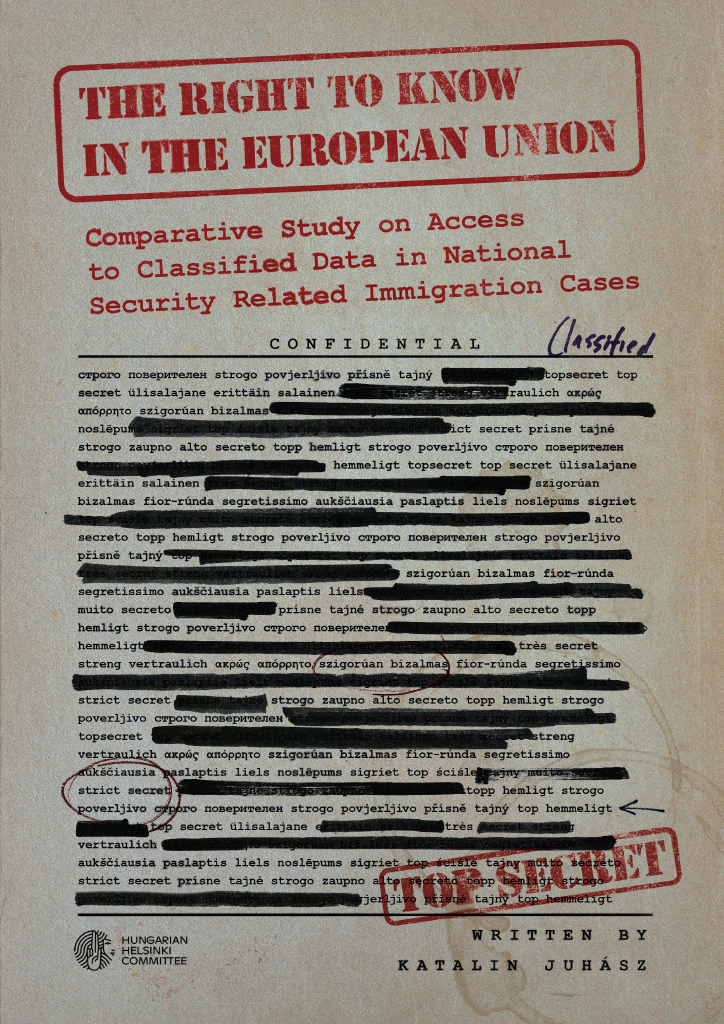
A gap-filling comparative and comprehensive research study on how the issue of applicants’ right to know and to access classified information is regulated in immigration-related proceedings in the Member States of the European Union, and whether national frameworks are in line with European standards.
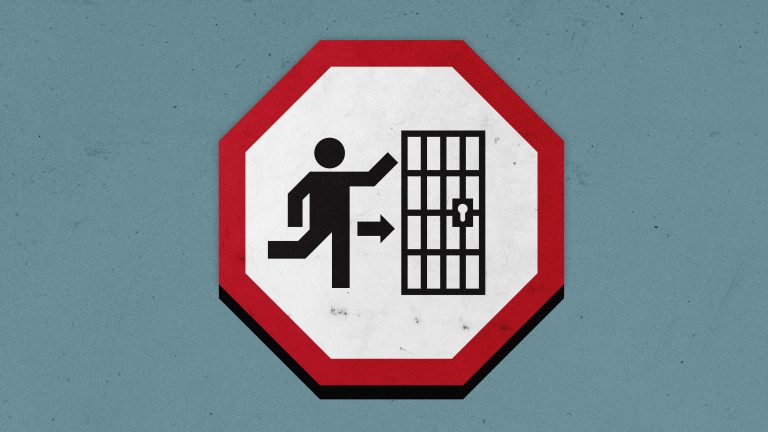
A young Syrian woman fled both from the war and from forced marriage. She desperately needed help on several levels, yet she was locked up in Hungary. The European Court of Human Rights ruled in … Read more

In December 2023, the European Court of Human Rights rejected two requests for interim measures under Rule 39 of the Rules of Court in the case of a Russian dissident, who is to be returned … Read more

A ministerial decree has been published, outlining the comprehensive rules for the implementing of a credit system in Hungarian penitentiary institutions starting from March 1st 2024. The core concept of the credit system revolves around the accumulation of … Read more
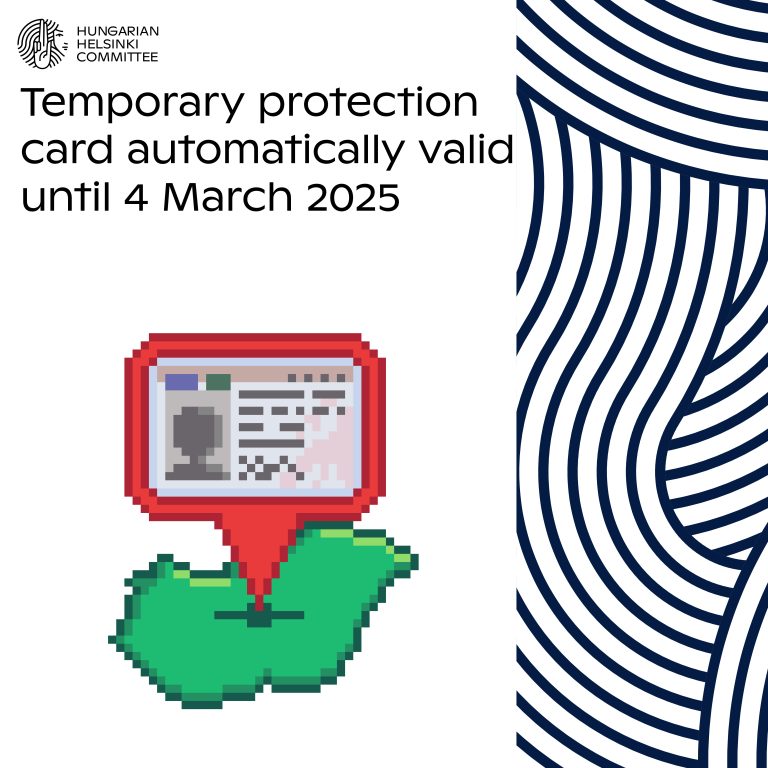
The Hungarian government has extended the temporary protection of people from Ukraine living in Hungary for another year.
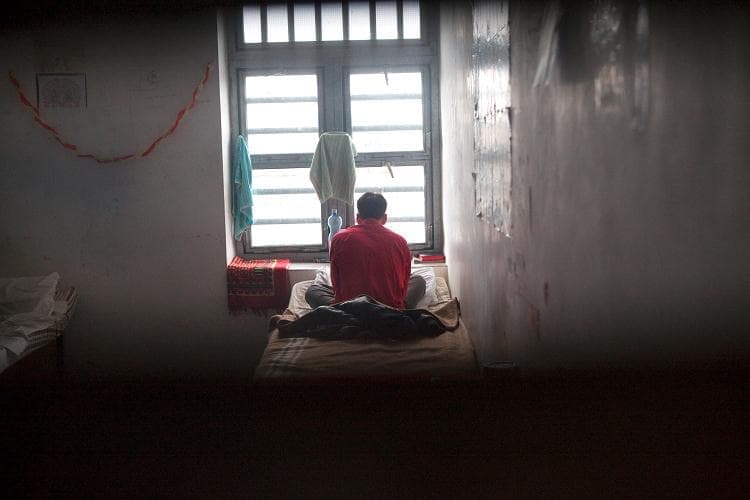
The European Court of Human Rights ruled that Hungary arbitrarily detained two children who applied for asylum in 2016. The Hungarian Helsinki Committee represented the asylum-seeking children against the Hungarian state that violated their rights.

Since its founding, the fairness of elections, the basis of a democratic state based on the rule of law, and the right to vote has been of primary importance for the Hungarian Helsinki Committee. In line with our goals and main fields of activities defined in our statute, the Hungarian Helsinki Committee plans the following activities in relation to the forthcoming municipal and European Parliamentary elections in Hungary:

Act LXXXVIII of 2023 on the Protection of National Sovereignty entered into force on 23 December 2023. The Act consists of two distinct elements: the setting up of the new Sovereignty Protection Office as of … Read more


Nine years after the European Court of Human Rights condemned Hungary for violating the prohibition of inhuman and degrading treatment due to its prison conditions, detainees continue to face substandard living conditions that fall short … Read more
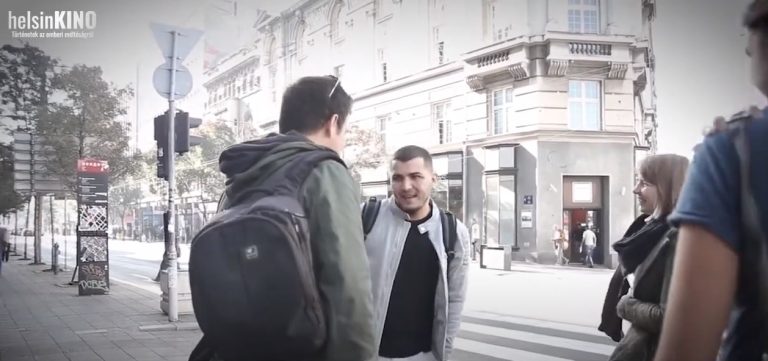
Another client of the Hungarian Helsinki Committee has won a case in Strasbourg. Hungarian police pushed an Iraqi Kurdish boy to Serbia without any investigation. The inhumane Hungarian regulations made this possible – which are in effect even today, despite several international and EU court rulings declaring them to be a severe violation of fundamental rights. The Hungarian state treats children in need of asylum this way.
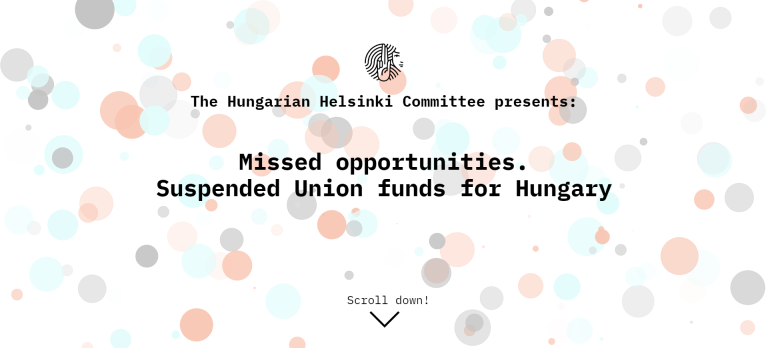
Hungary is in dire need of EU funds. Yet, as a consequence of systemic corruption, fundamental right violations and public policy deficiencies, the bulk of EU funding remains suspended. Financial measures affect Union Funds under the Multiannual Financial Framework (MMF), as well as the Recovery and Resiliency Facility (RRF). The Hungarian Helsinki Committee’s scrollytelling tool unpacks blocked payments for Hungary and the related procedures.
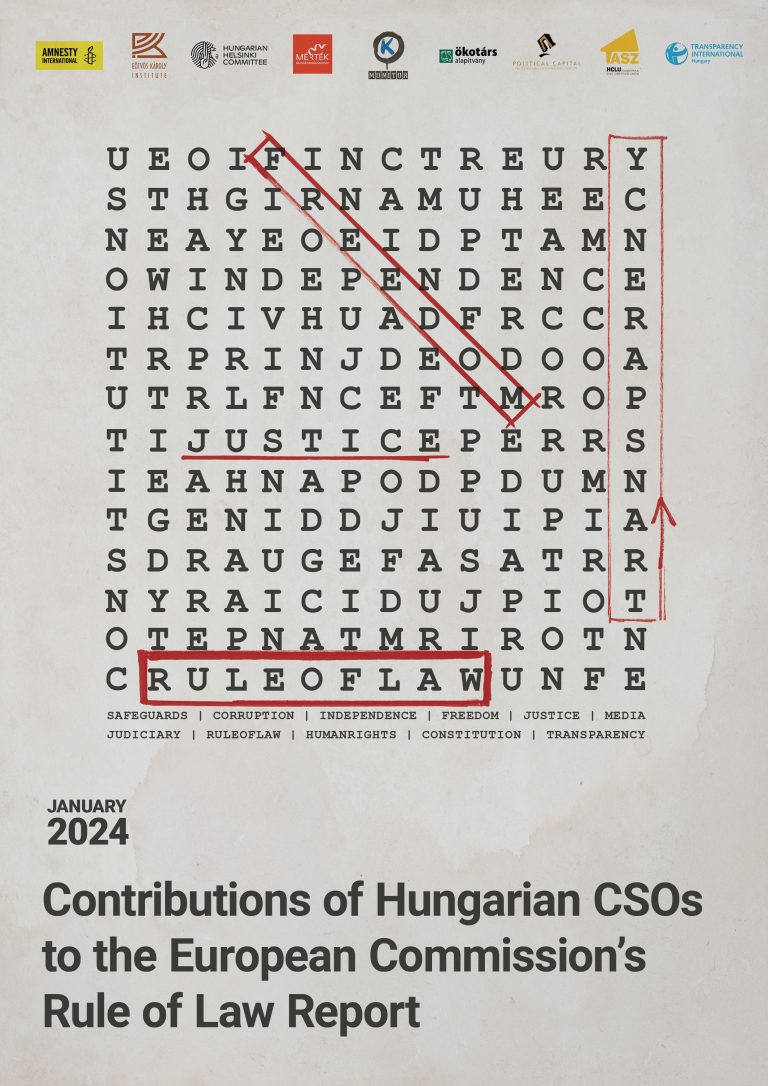
For the fifth year in a row, the Hungarian Helsinki Committee is contributing to the European Commission’s annual Rule of Law Report in coordination with other Hungarian human rights and anti-corruption CSOs. Once again, Amnesty … Read more

Hungary has failed to implement judgments of the European Court of Human Rights that established large-scale rights violations concerning detention conditions. The Hungarian Helsinki Committee has expressed concern several times regarding the recent surge in the number of persons detained in Hungarian penitentiaries, which led to overcrowding and substandard detention conditions. Additionally, evidence is provided by the Hungarian Helsinki Committee (HHC) that there is still a lack of effective remedy for prisoners against decisions taken in the prison system, along with the compensation system suffering from several shortcomings already clearly identified by the Committee of Ministers.

Since 2017, the Hungarian National Penitentiary Administration ordered prisons to conduct the most common prison visits in groups where several detainees and their visitors are separated by a plastic partition, a so-called plexiglass wall, under control, regardless of their security classification, without an individual risk assessment. Any physical contact between detainees and their visitors is strictly prohibited. In October 2023, the European Court of Human Rights found that this general practice violates the right to respect for private and family life – Article 8 of the European Convention on Human Rights.

Less than one week before the scheduled decision on compliance with the judicial super milestones by the European Commission, the Hungarian government launched last-minute legislative amendments to cover at least part of the outstanding deficiencies … Read more
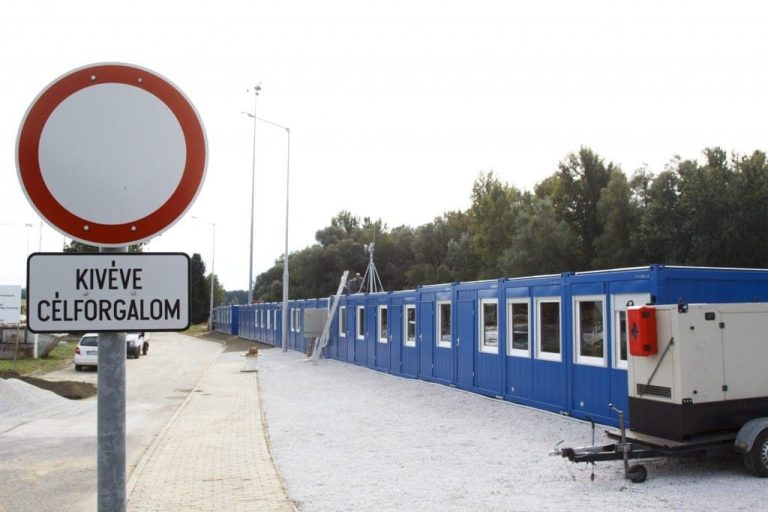
Transit zones have been shut down for 3.5 years in Hungary, but this cruel detention regime has not disappeared without a trace and is still haunting the European Court of Human Rights (ECtHR). Yesterday, the number of its judgments in which asylum seeker applicants won against Hungary, all successfully represented by the Hungarian Helsinki Committee, rose to ten.

In a shocking report, The Guardian revealed that Hungarian authorities pushed out even severely injured asylum seekers to Serbia. We have been drawing attention to this issue for a long time and continue to provide legal assistance to … Read more
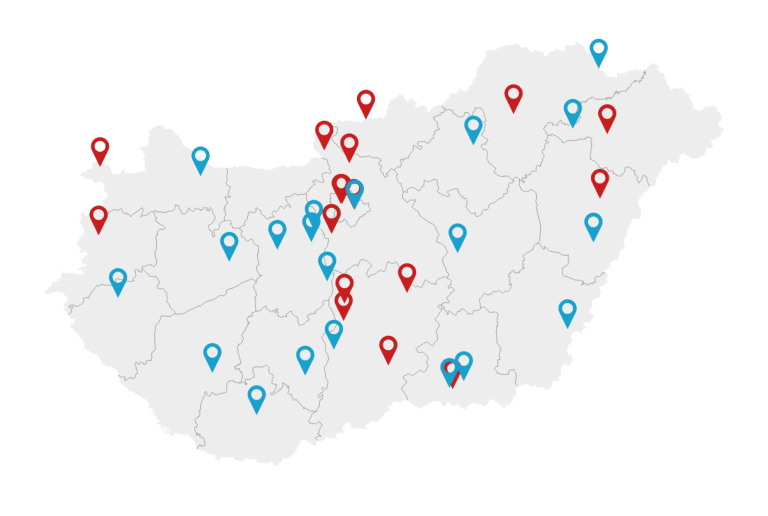
Prisoners are just as vulnerable to insect bites as others living in closed institutions.

The Hungarian Government declared the first state of danger more than three and a half years ago. Since March 2020, except for a few months, the Government has maintained a “rule by decree” system. Even now. This allows the Government to override acts from one day to the next, and the Government has been taking advantage of this opportunity to adopt hundreds of emergency decrees. Many of these have no connection to the pandemic or the war in Ukraine and only serve the Government’s political purposes.